Introduction to SRT-Encoders
SRT (Secure Reliable Transport) encoders have become the gold standard for low-latency video streaming over unpredictable networks. Whether you’re a live streamer, broadcaster, or enterprise video professional, SRT technology solves the biggest challenges in modern video delivery.
In this guide, we’ll cover:
- What makes SRT different from other protocols
- Top SRT hardware and software options
- Key factors when choosing an SRT solution
- Real-world implementation tips
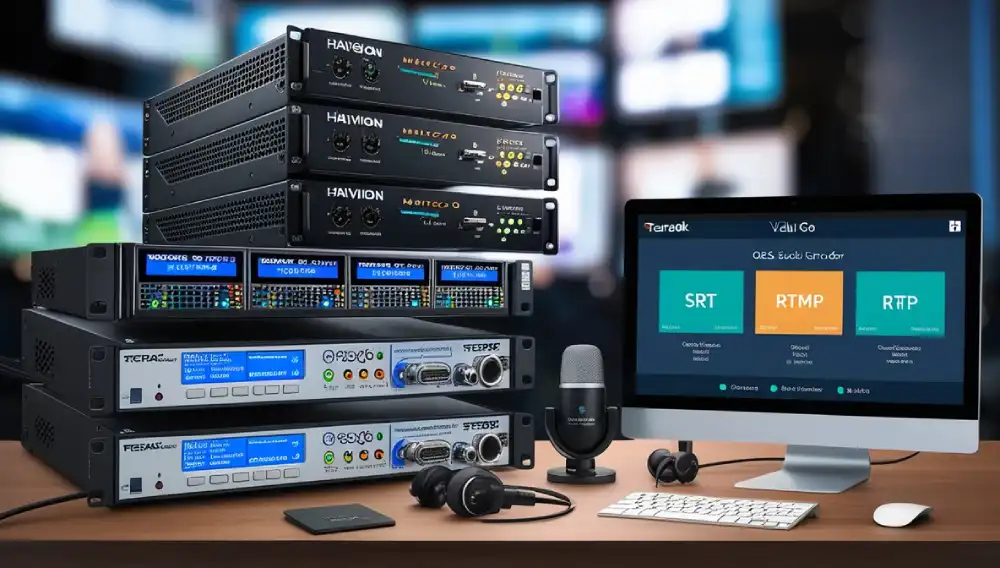
Amazon Newest Arrivals $159.00
What is an SRT-Encoder?
An encoder packages video into SRT streams that can traverse the public internet while maintaining:
- Ultra-low latency (often sub-second)
- Packet loss recovery (up to 30% packet loss)
- End-to-end encryption (AES-128/256)
SRT vs Other Streaming Protocols
| Feature | SRT | RTMP | RTP |
|---|---|---|---|
| Latency | 0.5-3s | 3-5s | 0.5-2s |
| Packet Loss Recovery | Excellent | None | Moderate |
| Security | Built-in | Optional | Optional |
| Network Flexibility | Any IP | TCP only | UDP preferred |
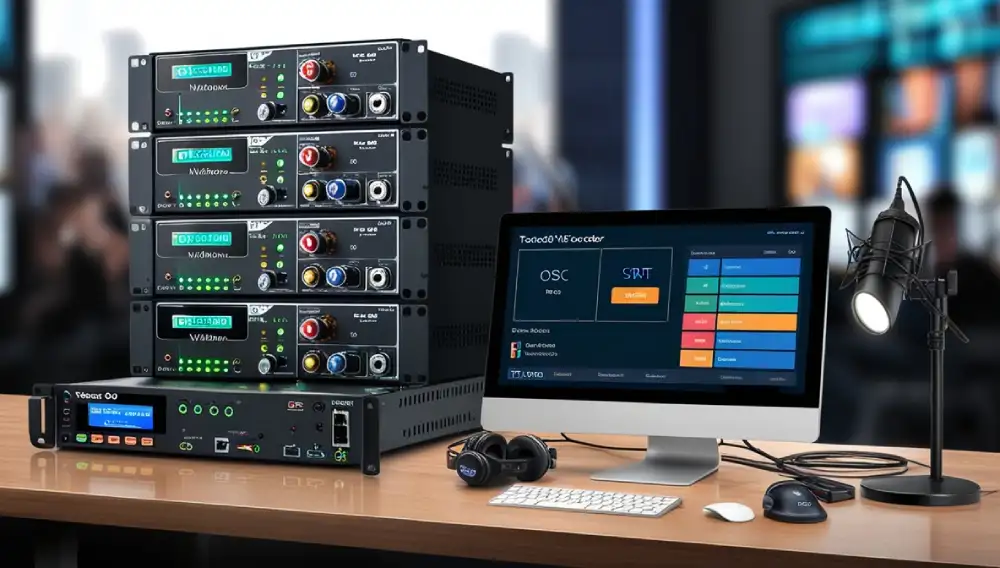
Why Choose SRT Encoding?
SRT solves critical streaming challenges:
✔ Works on bad networks – Cellular, satellite, public internet
✔ Secure by design – No need for separate VPNs
✔ Open-source standard – No licensing fees
✔ Hardware accelerated – Available in many encoders
Top SRT Solutions
1. Haivision Makito X4
✅ Pros:
- Industry-leading 1RU encoder
- HEVC/H.265 support
- Frame-accurate switching
❌ Cons:
- Enterprise pricing ($15k+)
- Requires technical expertise
Best for: Broadcasters and large enterprises
2. Teradek VidiU Go
✅ Pros:
- Portable cellular streaming
- Built-in bonding
- Affordable ($1,500)
❌ Cons:
- Limited to 1080p
- No HEVC support
Best for: Field reporters and live events
3. OBS Studio with SRT Plugin
✅ Pros:
- Free and open-source
- Highly customizable
- Works with any capture card
❌ Cons:
- Requires setup knowledge
- PC performance dependent
Best for: Streamers and small studios
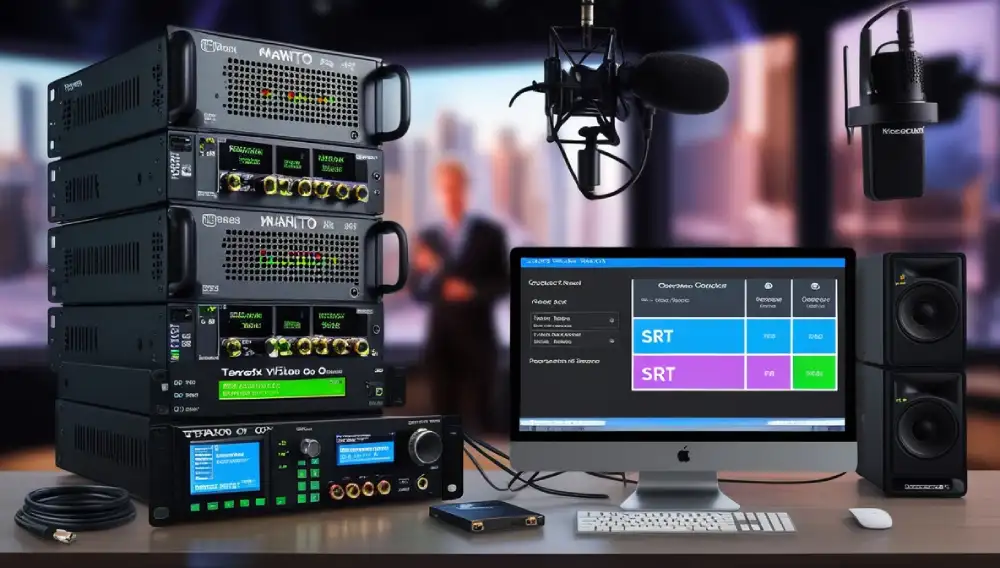
Buying Guide
1. Resolution & Codec Support
- 1080p: Minimum for professional use
- 4K: Future-proof but requires more bandwidth
- HEVC: Cuts bandwidth needs in half
2. Network Requirements
- Single connection: 5-50Mbps depending on quality
- Bonded connections: Combines multiple networks
- FEC Settings: Adjustable for lossy networks
3. Input Options
- HDMI: For cameras and switchers
- SDI: Broadcast-grade connections
- IP: For NDI or RTSP sources
4. Management Features
- Web GUI: Remote configuration
- API Control: For automation
- Monitoring: Packet loss stats
Implementing SRT: Lessons Learned
When we deployed SRT across our 50+ remote locations, we discovered:
- Buffer settings matter – 500ms-1s works best for most use cases
- Hardware beats software – Dedicated encoders handled packet loss better
- Monitoring is critical – We built dashboards to track packet recovery rates
The Haivision encoders proved most reliable for our 24/7 news operations, while the Teradek units worked perfectly for our mobile journalists.
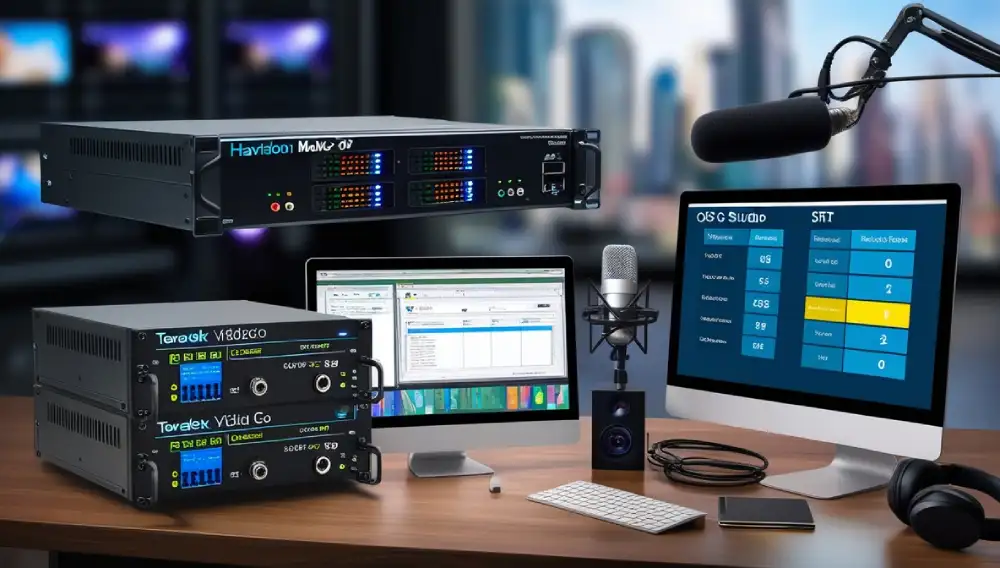
FAQs
1. What latency can I expect with SRT?
Typically 0.5-3 seconds depending on buffer settings.
2. Does SRT work through firewalls?
Yes, SRT uses a clever “rendezvous” method for NAT traversal.
3. Can SRT replace satellite links?
In many cases yes – we’ve replaced 80% of our satellite with STR over internet.
4. Is SRT better than WebRTC?
For professional video – yes. WebRTC can’t match SRT’s packet recovery.
5. What bitrate should I use?
- 1080p30: 6-8Mbps
- 1080p60: 10-12Mbps
- 4K: 20-50Mbps
The Future of SRT SRT Encoder
Emerging SRT developments include:
- SRT over 5G – Mobile broadcasting revolution
- SRT Gateway – Cloud relay solutions
- SRT-HEVC – Next-gen compression
Final Recommendations
For budget-conscious users: Start with OBS + SRT plugin
For field production: Teradek VidiU Go is ideal
For mission-critical use: Haivision can’t be beat
Read More: ndi encoder
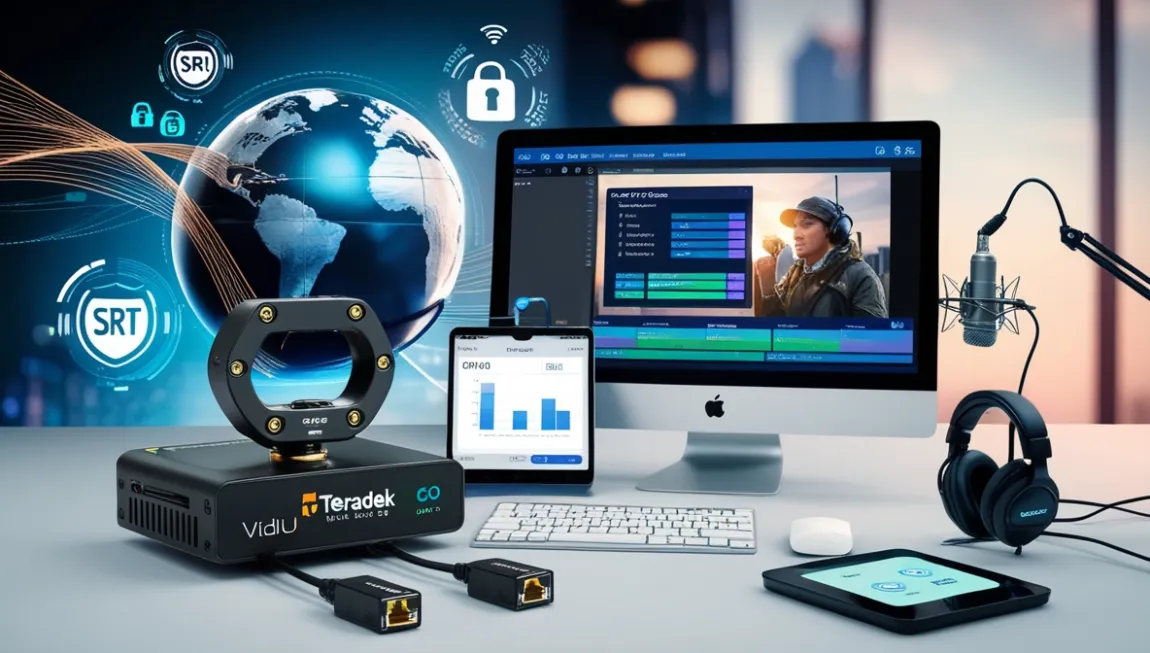



2 thoughts on “The Best SRT Encoder”